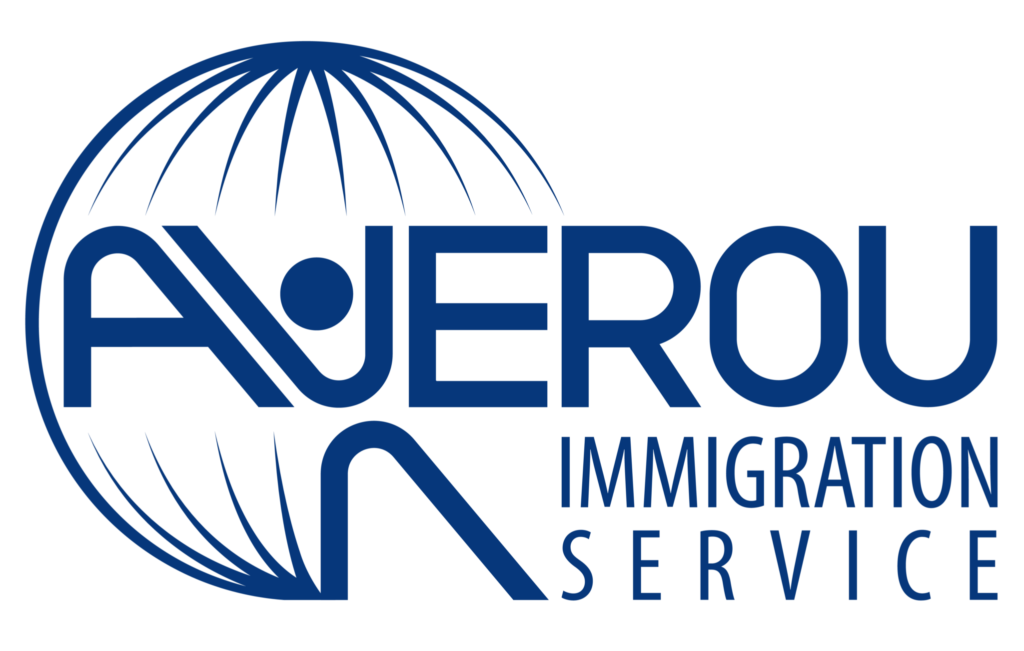Love Knows No Borders: 2024 Guide to Canadian Residency for Couples

Immigrating to Canada as a couple can be a rewarding journey if you navigate the options correctly. Whether you’re married, in a common-law relationship, or consider yourselves conjugal partners, understanding the paths to residency is essential.
For married couples, the relationship must be legally recognized in the country where it occurred and also under Canadian law. Common-law partners must have cohabited continuously for at least one year, while conjugal partners must have been together for a year but unable to cohabitate or marry due to significant barriers.
In the immigration context, a common-law partnership means that a couple has lived together for at least one year in a conjugal relationship [R1(1)]. A common-law relationship exists from the day on which two individuals can provide evidence to support their cohabitation in a conjugal relationship. The onus is on the applicant to prove that they have been living common-law for at least one year before an application is received at CPC-M.
A conjugal relationship is one of some permanence, where individuals are financially, socially, emotionally, and physically interdependent, where they share household and related responsibilities, and where they have made a serious commitment to one another.
Section 2 of the Immigration and Refugee Protection Regulations (IRPR) defines a conjugal partner as a foreign national residing outside Canada who is in a conjugal relationship with the sponsor and has been in that relationship for a period of at least one year.
Common-law and conjugal partners can also be sponsored.
Express Entry System
Couples can enhance their chances through the Express Entry system, which allows you to include your partner in your application. The primary applicant can gain additional points for their partner’s skills and qualifications. However, it’s crucial to determine who should be the primary applicant to maximize your points in the Comprehensive Ranking System (CRS).
Provincial Nominee Programs (PNP)
For those considering the PNP, it’s often beneficial to apply in the province that most values your skills and experience. One partner can be the main applicant, and including the other as a dependent might increase your chances of success.Spousal Sponsorship
This is another pathway where a Canadian citizen or permanent resident can sponsor their spouse or partner. The process includes proving your relationship’s legitimacy and meeting financial requirements to support your partner once they move to Canada.
Open Work Permit for Spouses
If you’re already in the process of being sponsored, obtaining an open work permit could allow you to work in Canada while your application is processed. This permits employment for any employer in Canada without the need for an additional work permit.
Your Next Steps
Navigating immigration laws can be complex, and it’s advisable to seek professional advice to ensure all requirements are met efficiently.
Are you ready to embark on your immigration journey to Canada with your partner?
Averou is here to assist you every step of the way, from evaluating your options to preparing your application. Contact us today for personalized guidance on your immigration process.
